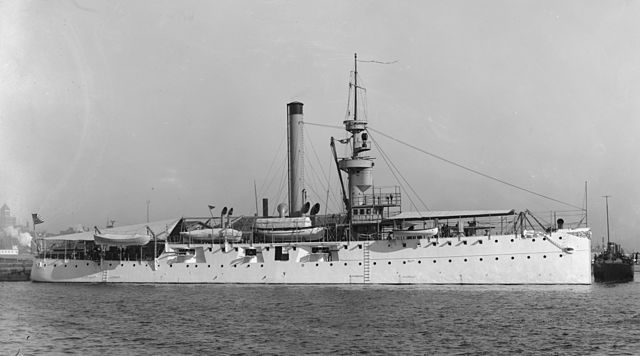
Freedom of navigation patrols have become a high-profile component of the West’s opposition to Beijing’s territorial claims in the South China Sea. But freedom of navigation isn’t really the core interest. Navigators have no difficulty plotting a convenient course around the 12-nautical-mile zones of a few small islands and other features. Maritime traffic is pretty much unimpeded by the Chinese territorial claims.
The classic method of asserting territorial claims is to occupy the land with armed personnel and raise one’s flag. The PRC did that on some tiny islands, where most of the Southeast Asian claimant countries had not. No one—including the ASEAN countries, the US and Australia—seems to have any intention to invade the islands that are already occupied by China. Instead, symbolic freedom of navigation patrols, as well as spoken and written statements, are used to contest the PRC’s territorial claims.
The negligible utility of such patrols is in stark contrast to their potential downsides. The probability that they’ll provoke an evacuation of the Chinese occupants is zero, and the patrols don’t strengthen or weaken claims under international law. So there’s very little to be gained by freedom of navigation patrols around those features. They do little but communicate a nation’s opposition to the PRC.
The most important thing about communication is the interpretation on the receiving end. It’s worth asking whether China will see a Western warship cruising in what Beijing considers Chinese territorial waters the same way we do. Westerners pretend that it’s perfectly fine and nonaggressive to cruise with a warship in any international waters. I suppose few would contest that the reaction to an uninvited Chinese destroyer cruising within 13 nautical miles of Los Angeles or Sydney or an uninvited Russian destroyer cruising 13 nautical miles off New York would reveal Western hypocrisy in this matter. Some public reactions to intercepts of Russian military aircraft over international waters revealed that they were perceived as rather hostile.
The antiquated, tiny and poorly armed Iranian corvette Alvand made headlines in Europe for transiting the Suez Canal in February 2011, escorting a cargo ship to Lebanon. Imagine the reaction if they had dared to cruise 13 nautical miles off Tel Aviv! Would the US Navy have been sent to enforce freedom of navigation? A widely known 1988 incident in the Persian Gulf included a USN cruiser chasing and attacking Iranian ships instead of respecting their freedom of navigation, and the adversarial relationship between Americans and Iranians didn’t go away.
The USN was also used to bully Gadaffi’s Libya with freedom of navigation patrols in the Gulf of Sidra in the 1980s, though there was absolutely no economic or strategic reason to exercise freedom of navigation in the area.
Another problem lies in history. Westerners humiliated, exploited and disrespected the Chinese nation through most of the 19th century and the first half of the 20th century. American riverine gunboats patrolled on the Yangtze River until the Japanese forced an evacuation during World War II. The foreign presence as part of the ‘century of humiliation’ left deep marks in the Chinese psyche, and supports the Communist Party of China narrative about having succeeded at restoring much of China’s unity and sovereignty. The Chinese remember those events much better than Westerners do. The 1966 Steve McQueen movie The Sand Pebbles centres on an American gunboat on the Yangtze. This background story appears to be fictional to many Westerners who are unaware about such historical activities.
Employing Western warships to dispute Chinese territorial claims in the South China Sea doesn’t seem like a good or well-informed idea in that context. Western nations aren’t the ones with the territorial claims on those islands anyway, and any patrol effort of theirs may recall and refresh Chinese memories of historical humiliations and displays of disrespect. That in turn might needlessly increase tensions, not only between governments, but also between the publics of the West and of China.
An escalation of tensions is not a wise foreign policy move; foreign policy should rather strive for a diplomatic outcome to the conflict, such as a hypothetical sharing of maritime resources in the area coupled with an agreement to disagree on the status of islands and rocks.
The so-called freedom of navigation patrols will provide few benefits. Instead, they risk fomenting entirely undesirable jingoism and anger in the PRC. Such patrols should—if they are to take place at all—be conducted by countries not related to past humiliations of China. Neutral countries such as Brazil could conduct such patrols with much less risk of unintended and undesired consequences, for example. The ASEAN countries would be well justified in carrying out patrols as well, preferably with a multinational warship squadron of most members, in order to keep the PRC from singling out a specific member for reprisals.

